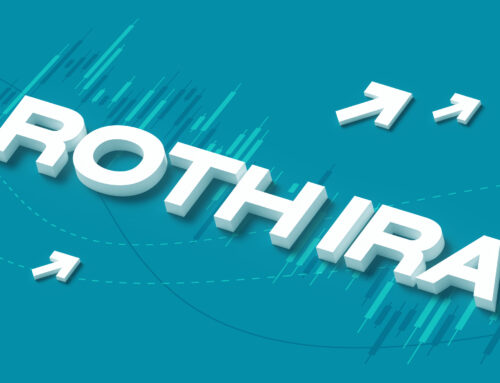
Retirement strategy varies based on where you are in life and how close you are to retirement. And your 50s are an important time when it comes to retirement. You may not realize this, but it is one of the most important phases of your pre-retirement journey. If you’ve come looking for retirement strategies for 50-year-olds, 55-year-olds, or anyone in their 50s, you’ve come to the right place.
- If you can, consider paying down debt.
Having debt going into retirement can make it difficult to save. Because debts can accrue interest, the money you owe can compound and end up costing you quite a lot if you don’t manage it properly.
- Consider catch-up contributions
50 is an important retirement birthday. At 50, you can begin to make catch-up contributions to your retirement accounts. This means that you can contribute more to your retirement accounts per year than you previously could.[1] This may be a good strategy if you are in the highest earning years of your life in your 50s.
- Consider passive income retirement strategies
You may want to consider setting up forms of passive income as you head into retirement. Passive income strategies may be a way for you to boost your savings and reduce your reliance on Social Security in the right circumstances.[2] Here are some examples of passive income options:
- Certificate Deposits (CDs)
- High-Yield Savings Accounts
- Dividend-Paying Stocks
- Income-Focused ETFs or Mutual Funds
- Bonds
- Rental Income
- Property Refinancing
Ask a financial professional if any of these options could work for you, and they’ll help steer you toward the solutions that can make a difference in your retirement strategy.
- Consider an HSA
Health savings accounts are tax-advantaged ways to save for health expenses.[1] They can reduce your taxable income and may help to curb the costs of medical expenses as you get older.[1]
- Consider what you need
This last step is less about finances and more about your personal goals. What do you want out of retirement? What do you want to do in your retirement? Answering these questions will help you to get a better sense of how much you need to save and what financial steps you need to take.
Once you’ve figured out what you need in your retirement, it may be a good idea to consider reaching out to one of our financial professionals today. They can take your dreams and turn them into a practical financial plan.









